Sealife guideThe labyrinthine brain coralDiploria labyrinthiformis
Last updated on 05/03/2024 at 12:19 AM
Taxonomy
- Common name: Labyrinthine brain coral, grooved brain coral, depressed brain coral, brain coral
- French name: Corail cerveau de Neptune
- Spanish name: Coral cerebro
- Scientific name: Diploria labyrinthiformis (Linnaeus, 1758)
- Family name: Faviidae
- Order name: Scleractinia
- Class name: The anthozoans [Anthozoa]
Description
The labyrinthine brain coral forms colonies that look like large balls, ranging in size from a few centimeters in diameter to almost 2 meters for the largest. The labyrinthine brain coral has a succession of hills and valleys on its surface, giving it the appearance of a brain !

The labyrinthine brain coral forms colonies that look like large balls
Its distinctive double-crested hills are separated by a shallow gorge of varying width.
Did you know ?
The labyrinthine brain coral is listed as many other marine species within The
IUCN Red List of threatened species. The labyrinthine brain coral appears in the
IUCN Red List since 2022 within the category Critically Endangered !

The labyrinthine brain coral is distinguished by its double-peaked hills separated by a gorge
Discover also
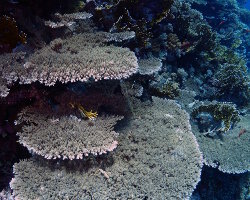
Acropora cythereacoral
(Acropora cytherea)
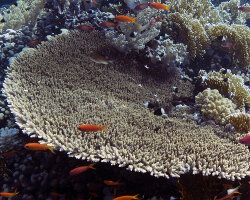
Acropora pulchra coral
(Acropora pulchra)
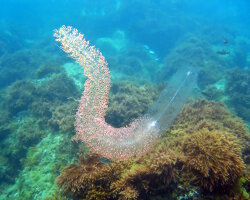
Big siphonophore
(Forskalia edwardsii)
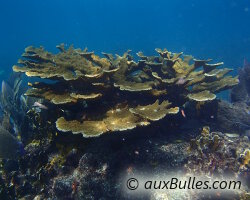
Elkhorn coral
(Acropora palmata)
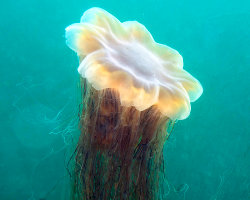
Lion's mane jellyfish
(Cyanea capillata)
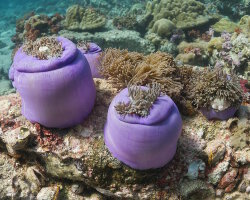
Magnificent sea anemone
(Radianthus magnifica)
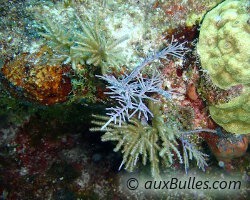
Slimy sea plume
(Antillogorgia americana)
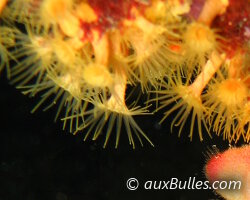
Yellow encrusting sea anemone
(Parazoanthus axinellae)
The marine species from Caribbean sea
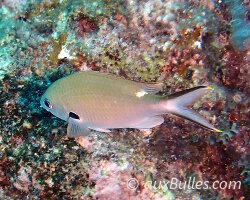
Brown chromis
(Chromis multilineata)
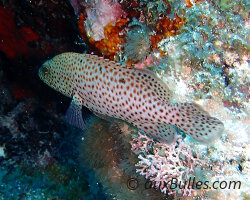
Graysby
(Cephalopholis cruentata)
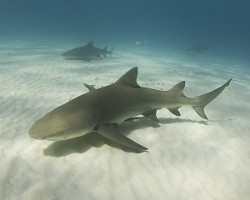
Lemon shark
(Negaprion brevirostris)
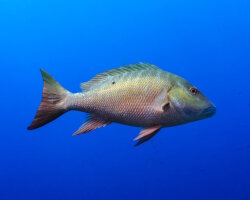
Mutton snapper
(Lutjanus analis)
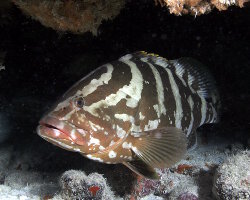
Nassau grouper
(Epinephelus striatus)
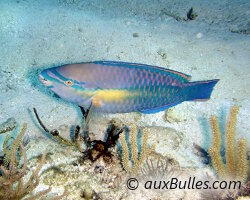
Princess parrotfish
(Scarus taeniopterus)
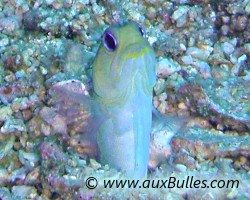
Yellowhead jawfish
(Opistognathus aurifrons)
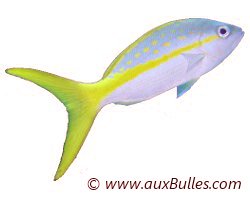
Yellowtail snapper
(Ocyurus chrysurus)
Dive centers

'Les Ilets' dive center
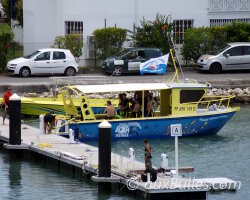
Noa dive center
Our latestUpdates
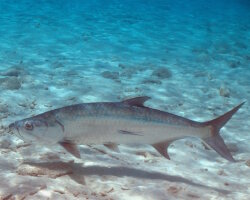
Wednesday, February 18th 2026
The Atlantic tarpon
The Atlantic tarpon is a large coastal fish that can grow up to 8 feet long and weigh over 330 pounds, with a silvery body covered in large, reflective scales. Known as the Silver King, it is famous for its spectacular leaps and fierce fight when hooked by sport fishermen.
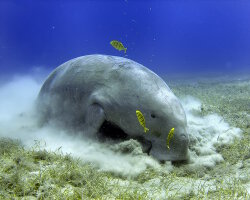
Friday, January 30th 2026
The dugong
Discover the dugong, a gentle “sea cow” of tropical waters. Learn about its habitat, diet, reproduction, morphology, and the threats facing this unique marine mammal.
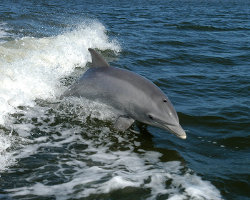
Friday, January 23rd 2026
Dolphins: ocean's smartest creatures
Discover dolphins, the ocean's geniuses: explore their intelligence, social behavior, sophisticated communication, species diversity and vital role in marine ecosystems.
Photo of the Day
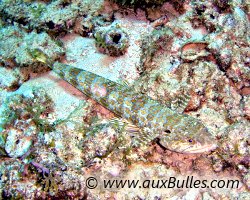
Poisson lézard, anoli
(Synodus intermedius)

























